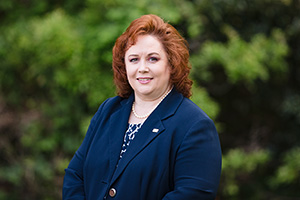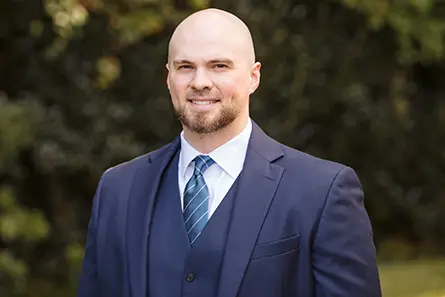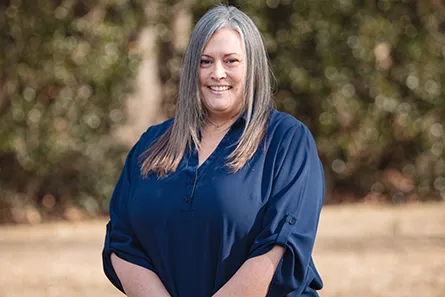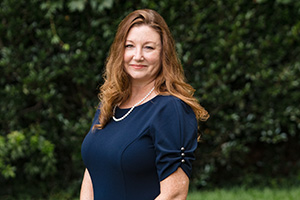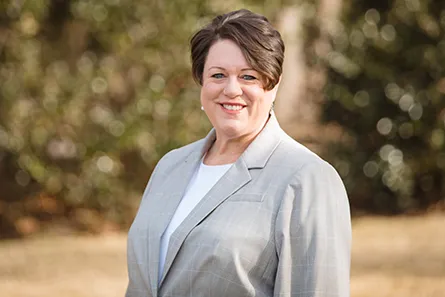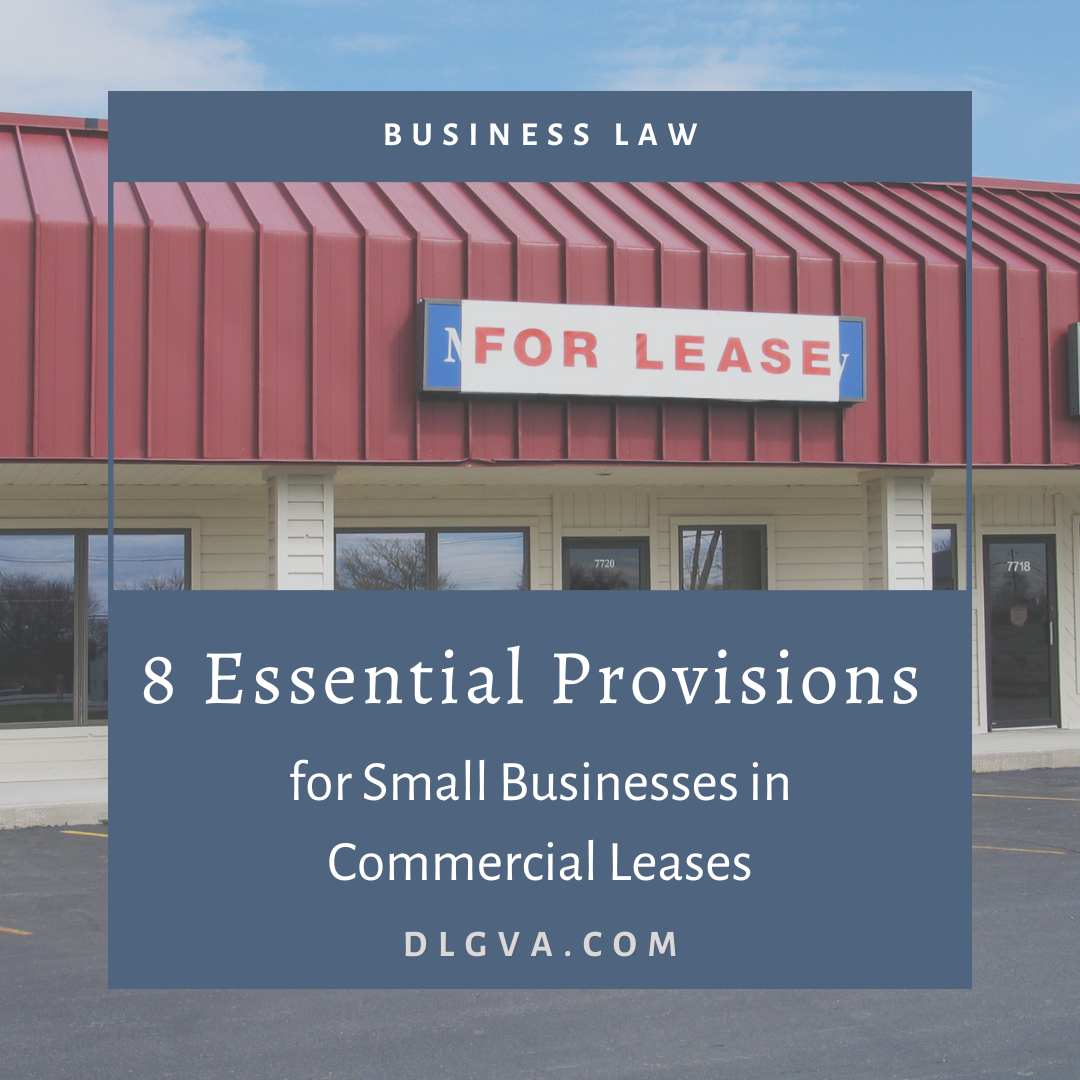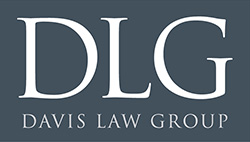Estate Planning
What is estate planning?
Estate planning is the process of preparing and arranging the disposal of assets in a manner that ensures that your loved ones are provided for in your absence and that your final property and health care wishes are carried out and honored during a time of possible mental incapacity and certain death. Check out our blog post entitled “Do I need Estate Planning?” by Clicking Here
What is your charge for estate planning?
At the initial meeting we will determine what plan best suits your particular situation and goals. A fee is then quoted after careful analysis of the planning required.
How much is a “simple will”?
Contrary to popular belief, there is no such thing as a “simple will.” There are many factors that many people fail to consider when considering their estate plan. Most people only think in terms of what their estate is worth, rather than how to distribute their property to the correct people in best way possible. Even further, most are unfamiliar with the laws which affect the distribution of assets even when you do not have a complex estate.
Some estate plans are more complex than others, but all should be drafted in light of a person’s individual goals and circumstances. Without proper planning, negatives results will likely follow. These results could be as detrimental as mistakenly disinheriting a loved one or even your will being considered invalid under Virginia law. For this reason, we have put together our Unique Process to assist our clients in navigating through their estate plan.
What’s the difference between a will and a revocable living trust?
Basically, a will and a trust both provide instructions on how your assets are to be distributed. The difference is the process in which the assets are distributed. A will goes through probate, while a trust avoids probate. A trust is private, unlike a will which is public record. With a will, estate assets are generally frozen for one (1) year so that creditors may come forward with claims; however, a trust provides uninterrupted trust administration after death so that assets in the trust are immediately available to pay necessary expenses and be distributed to your named beneficiaries. If you would like to know which type of planning is best for you, please contact our office for an initial consultation. Check out our blog post entitled “What is a Living Trust?” by Clicking Here
Do I need an estate plan even if my estate is not large?
Yes – Everyone’s personal and financial situations vary; therefore a consultation will be beneficial in making the correct decision regarding your estate plan. Some things to consider are:
- Whether you have minor children
- Problem children or family members
- Disabled child or family member
- Second (or later) marriage
- Blended family
- You do not have any children
- Your spouse has recently passed away
- You are divorced
- Possibility of sudden death or incapacitation
An experienced estate planning attorney will be able to address issues and ask questions that you might never consider. It is important to be prepared in advance.
What happens if I do not have an estate plan?
If you do not have an estate plan in place when you die, then your estate will be inherited by those determined by the state’s intestacy laws. Intestate means to have died without executing a valid last will.
How do I choose a personal representative?
Keep in mind when choosing your personal representative, whether the executor of your will or the trustee of your trust, that they will be responsible to carry out your wishes as you have set forth in your estate planning documents. This is a huge responsibility and can be a very time consuming burden. Some qualities to consider when choosing your personal representative are whether they are loyal/fair, trustworthy, practical, organized, organized (for extra emphasis), and tough. The qualities will be valuable in handling the duties required by your estate planning documents and Virginia law.
What if I change my mind later about my estate plan?
As long as you are mentally competent and living, you can change your estate plan as you desire. The type of planning you have established and the extent of changes that need to be made would affect this process. For a trust, you can do an amendment and/or restate the trust in its entirety. With a will, you can do a codicil (which is similar to an amendment) or establish a new will. We advise our clients to have their estate planning reviewed at least every two years to make sure their goals remain the same and their plan coincides with current law.
Can I draft my own estate plan?
You can do your estate planning yourself; however, in doing so you are taking a huge risk. Your will may not be considered a valid document and/or you may leave out critical language necessary to carry out your wishes. Do you know the proper questions to ask or issues to address? How will you know if something is missing? You won’t! That is why it is critical to consult with an experienced estate planning attorney – they can ask the right questions and make sure you are properly prepared.
Questions? Contact Us
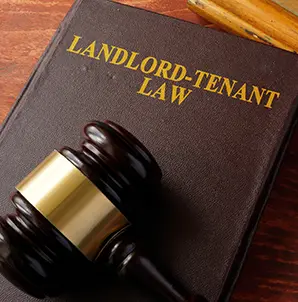
Tenant/Landlord
While disagreements inevitably arise, our goal is to ensure those conflicts are minimized by careful crafting and foresight based upon experience. At Davis Law Group, our experts

Estate & Trust Planning
Estate Planning is essentially the process of preserving and protecting your assets and property during your lifetime, then providing instructions for them to be passed on to

Corporate and Business Transactions
At Davis Law Group we have a unique perspective in our corporate and business law practice. Most "corporate" law firms focus on serving the business rather than

Probate & Trust Administration
When a close relative or friend dies, there are several important legal and taxation matters to be addressed. Depending on how property and other assets are titled,

Civil Litigation
Representing a client involved in business disputes, contract disputes, including mediation, arbitration, or civil litigation in court, is a big responsibility -- one we don't take lightly.

Church and Non-Profit Organizations
Church and non-profit law requires a special understanding of the issues and challenges that face non-profit and religious institutions. The legal advice that best serves business and

Commercial Real Estate Transactions
At Davis Law Group we understand that the commercial real estate process can be one of the most stressful events our clients will ever experience. Hampton Roads

Family Law & Collaborative Practice
The attorneys at Davis Law Group have extensive experience in representing individuals who find themselves in the middle of broken relationships, and we are effective advocates when

Employment Law
Few relationships impact our daily lives as much as the relationships we have at our workplaces. For most people, it is the place they spend the majority
Douglas W. Davis
Attorney, Managing PartnerSuAnne Hardee Bryant
AttorneyDouglas H. Cook
Attorney, of CounselStephen Haynes
AttorneyJeff Coombs
Attorney, Nonprofit Practice LeaderGrant Hurley
AttorneyKari Ann Hedwall
AttorneyChristen Davis
Senior ParalegalLauren Baust
ParalegalRebecca Garnsey
ParalegalMelissa Smith
ParalegalAmber Barbeau
ParalegalKaren Nootnagel
ComptrollerNicole Capomaggi
Receptionist/Client LiaisonCommercial Space: Should You Lease
The location of your small business is a critical determinant of its success or failure. Factors such as accessibility to customers, vendors, and employees,
A Guide to Different Types
Real estate encompasses not only one's primary residence but also other properties such as vacation homes and rental properties. The ideal form of ownership
8 Essential Provisions for Small
Are you contemplating leasing office or retail space for your small business? The terms of your lease can significantly impact the success or failure






